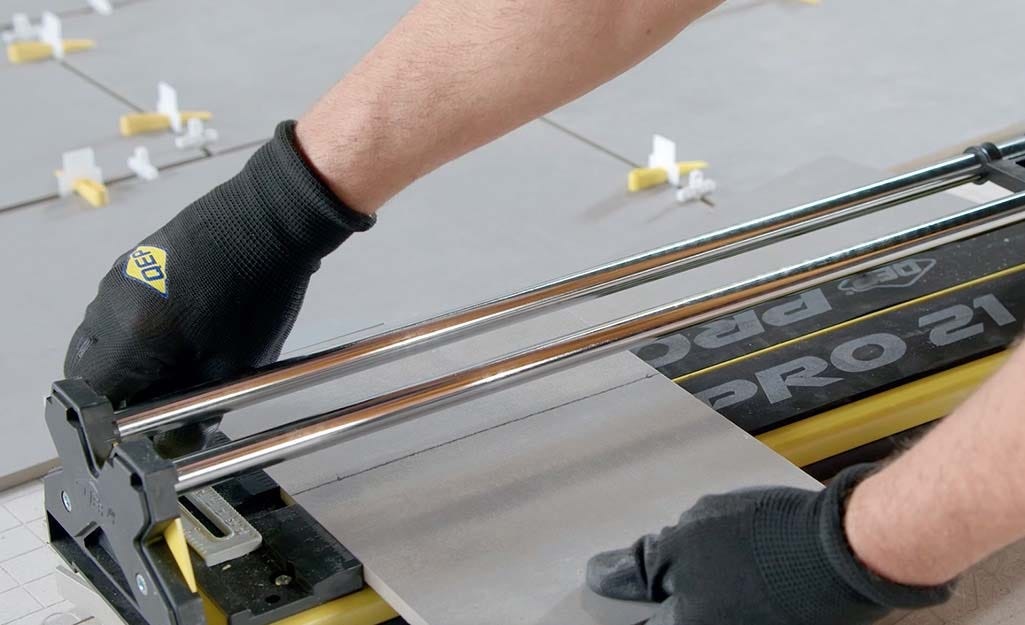The art of porcelain installation demands precision and efficiency, qualities that are directly influenced by the cutting tools used in the process. Advances in blade technology have greatly enhanced the ability to cut porcelain tiles and other hard materials with minimal chipping and noise, significantly improving the quality and speed of installation. Among the top performers in this field is the alpha silencer, a blade renowned for its quiet operation and precise cutting capabilities.
Advancements in Blade Technology
Modern cutting blades for porcelain utilize advanced materials and engineering to address common challenges faced during tile installations. These blades are designed to:
- Reduce Chipping: High-quality blades produce clean cuts that minimize the chipping often associated with cutting porcelain, resulting in a more attractive finish.
- Decrease Noise: Innovations such as the alpha silencer incorporate technology that significantly reduces the noise level during cutting, making it more suitable for indoor settings or areas where noise is a concern.
- Enhance Durability: Blades engineered for porcelain are built to withstand the hardness of the material, ensuring longevity and consistent performance even under rigorous use.
Features of High-Performance Porcelain Blades
The design and construction of porcelain blades involve several key features that enhance their performance:
- Diamond Edging: Many top-quality porcelain blades, like the alpha silencer, are tipped with diamond, one of the hardest materials available, to maintain sharpness and resist wear.
- Thin Kerf: A thinner kerf (the width of the cut) helps in achieving more precise cuts with less material waste and reduced effort.
- Cooling Holes: Some blades include cooling holes to dissipate heat quickly, preventing overheating and potential damage to the blade or the material.
Impact on Installation Efficiency
The efficiency of an installation project is greatly impacted by the quality of the cuts. Precise and clean cuts speed up the installation process by reducing the need for additional adjustments or corrections. Additionally, efficient cutting tools can lead to:
- Less Material Waste: Accurate cuts reduce the amount of material that is wasted due to errors, saving on costs.
- Improved Safety: Advanced blades designed to minimize chipping and breakage contribute to safer working conditions by reducing the risk of sharp edges and flying debris.
- Faster Completion Times: With improved cutting speed and precision, projects can be completed faster, enabling professionals to take on more work and increase profitability.
Selecting the Right Blade for Porcelain
When choosing a blade for cutting porcelain, consider the following factors:
- Blade Diameter: Match the blade diameter to the saw being used and the size of the material.
- Type of Cut Required: Determine if the project requires wet or dry cutting as some blades are specifically designed for one or the other.
- Material Hardness: Ensure the blade is suitable for the hardness of porcelain to avoid premature wear or inadequate performance.
Essential Accessories for Installation
While the right cutting blade is crucial, pairing it with the appropriate installation accessories can further enhance efficiency. For instance, the undermount sink clips are vital for the precise and secure installation of undermount sinks in kitchens and bathrooms. These clips ensure that the sink is securely mounted, providing long-term stability and support.
By utilizing advanced cutting tools like the alpha silencer and essential accessories such as undermount sink clips, professionals in the tiling and masonry industries can achieve high-quality installations more efficiently. These tools not only save time and reduce costs but also enhance the overall quality of the finished project, satisfying both the installers and their clients.








